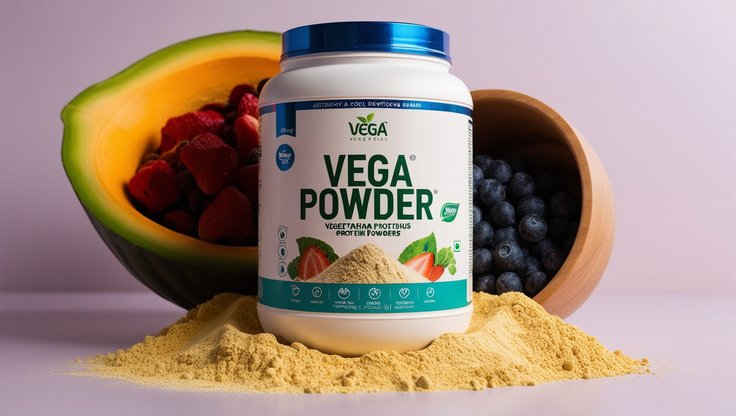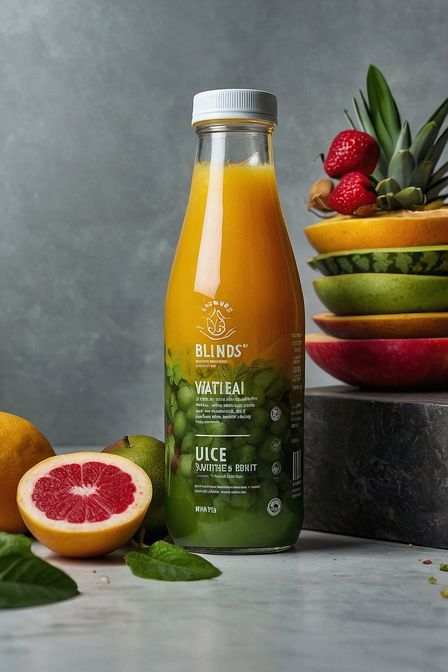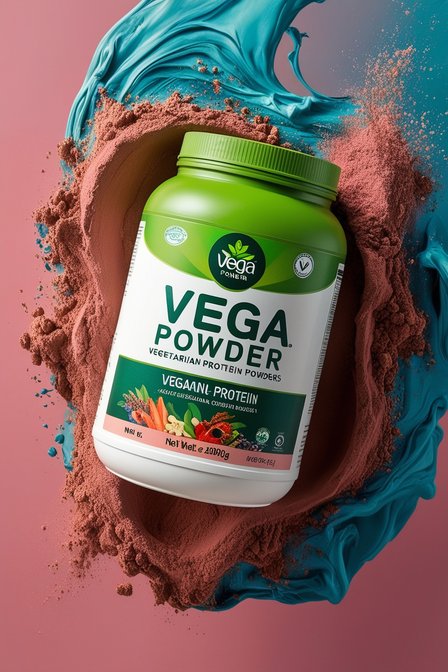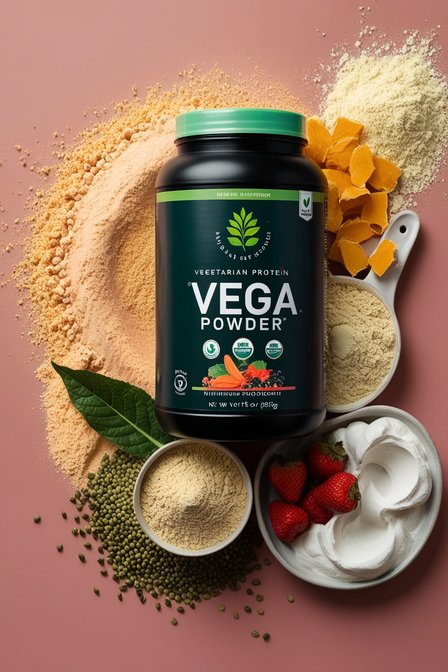Vegan Protein for Athletes: Fueling Performance with Plant Power
Introduction to Vegan Protein for Athletes
In the world of sports and fitness, protein is a crucial component for building and repairing muscle, supporting immune function, and sustaining overall health. Traditionally, animal-based proteins have dominated the market, but an increasing number of athletes are turning to vegan protein sources for their nutritional needs. Vegan protein for athletes not only provides the essential amino acids required for muscle growth and recovery but also offers numerous health and environmental benefits.
Understanding Protein Needs for Athletes
Protein plays a pivotal role in the athletic diet. Athletes require higher protein intake compared to the average person to support muscle repair, recovery, and growth. The Recommended Dietary Allowance (RDA) for protein is about 0.8 grams per kilogram of body weight for sedentary individuals. However, athletes often need between 1.2 to 2.0 grams per kilogram of body weight, depending on their training intensity and goals. For vegan athletes, meeting these protein requirements solely through plant-based sources is not only feasible but also advantageous.
Benefits of Vegan Protein for Athletes
Muscle Recovery and Growth
Vegan proteins, when combined properly, can provide a complete amino acid profile essential for muscle recovery and growth. Sources such as soy, quinoa, and hemp are particularly high in protein and contain all nine essential amino acids. Additionally, plant-based proteins are often rich in antioxidants, vitamins, and minerals that aid in reducing inflammation and enhancing recovery.
Digestive Health
Plant-based proteins are generally easier to digest compared to animal proteins. They are high in fiber, which aids in digestion and promotes a healthy gut microbiome. A healthy digestive system is crucial for nutrient absorption and overall performance.
Environmental Impact
Opting for vegan protein sources significantly reduces the environmental footprint. The production of plant-based proteins requires fewer resources, such as water and land, and results in lower greenhouse gas emissions compared to animal farming. Athletes concerned about sustainability can make a positive impact by choosing vegan protein options.
Top Vegan Protein Sources for Athletes
Soy Protein
Soy protein is one of the most popular and widely available vegan proteins. It is a complete protein, meaning it contains all essential amino acids. Soy protein isolates and concentrates are commonly used in protein powders, making them convenient for post-workout shakes. Additionally, soy-based foods like tofu, tempeh, and edamame are excellent dietary sources.
Pea Protein
Pea protein is derived from yellow split peas and is highly digestible. It is rich in branched-chain amino acids (BCAAs), which are vital for muscle repair and growth. Pea protein powder is a great option for athletes looking to avoid soy or dairy.
Hemp Protein
Hemp protein is made from ground hemp seeds and is a complete protein. It is also rich in omega-3 and omega-6 fatty acids, which support heart health and reduce inflammation. Hemp protein has a slightly nutty flavor and can be easily incorporated into smoothies and baked goods.
Brown Rice Protein
Brown rice protein is hypoallergenic and easily digestible, making it suitable for athletes with dietary sensitivities. While it is not a complete protein on its own, it can be combined with other plant proteins to achieve a balanced amino acid profile.
Quinoa
Quinoa is a versatile grain that is also a complete protein. It can be used as a base for meals, added to salads, or used in baking. Quinoa is not only high in protein but also rich in fiber, vitamins, and minerals.
Incorporating Vegan Protein into an Athlete's Diet
Breakfast
Starting the day with a protein-rich breakfast sets the tone for sustained energy and muscle maintenance. Options include smoothies made with plant-based protein powder, overnight oats with chia seeds and almond milk, or a tofu scramble with vegetables.
Post-Workout Nutrition
The post-workout window is a critical time for protein intake to support muscle recovery. Athletes can benefit from a protein shake made with pea or hemp protein powder, a serving of edamame, or a bowl of quinoa with vegetables and a soy-based protein source.
Snacks
Healthy snacks that are high in protein help maintain energy levels throughout the day. Examples include hummus with raw vegetables, a handful of nuts and seeds, or a protein bar made from plant-based ingredients.
Addressing Common Concerns and Myths
Protein Quality
One common concern about vegan proteins is their quality and completeness. While some plant proteins may lack one or more essential amino acids, athletes can easily combine different sources to achieve a complete amino acid profile. For example, combining beans and rice or hummus and whole wheat pita provides all essential amino acids.
Protein Absorption
There is a misconception that plant-based proteins are not as easily absorbed as animal proteins. However, studies have shown that when consumed in adequate amounts, plant proteins can effectively support muscle synthesis and recovery. The key is to ensure a variety of protein sources to meet the body's needs.
Real-World Examples of Vegan Athletes
Strength and Endurance
Several elite athletes have successfully adopted vegan diets and have seen significant improvements in their performance. For instance, ultramarathoner Scott Jurek, known for his endurance feats, follows a vegan diet and credits it for his sustained energy and quicker recovery times.
Bodybuilding
Bodybuilders like Nimai Delgado have demonstrated that it is possible to build substantial muscle mass on a vegan diet. By focusing on high-protein plant foods and proper supplementation, they achieve impressive physiques and strength gains.
Conclusion
Vegan protein for athletes is a viable and beneficial option for those looking to enhance their performance while maintaining a plant-based diet. With a variety of complete and complementary protein sources available, athletes can meet their nutritional needs, support muscle growth and recovery, and contribute to environmental sustainability. As more athletes continue to adopt vegan diets, the range of available products and resources will only expand, making it easier than ever to thrive on plant-based nutrition.



